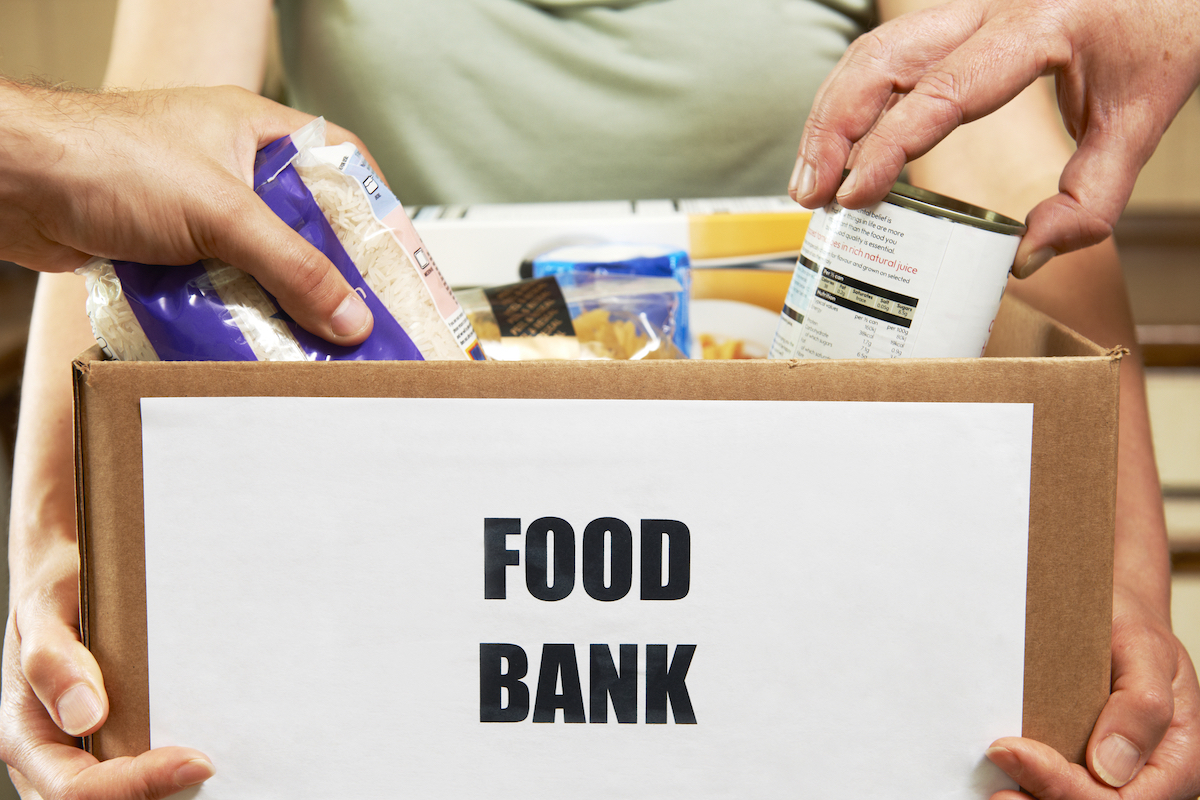Across towns and cities, food banks have become essential lifelines for families struggling to make ends meet. Rising living costs, unexpected emergencies, and unstable employment can leave even hardworking households vulnerable to food insecurity. For many, food banks provide more than groceries—they deliver relief, dignity, and a path toward stability. By directly supporting families in need, food banks strengthen not only individual households but also the communities in which they live. For many struggling households, a Denver food bank provides not only groceries but also a crucial sense of stability that helps families focus on rebuilding their lives.
Easing The Burden Of Financial Stress
When families face tough financial decisions, food is often one of the first areas where sacrifices are made. Families may stretch tiny amounts of food over several days, or parents may miss meals to allow their kids to eat. Food banks ease this burden by ensuring access to essential groceries.
By covering a portion of household food needs, food banks free up limited income for other pressing expenses like rent, utilities, or medical bills. Because of this instant comfort, families are able to stabilize during trying times, which lowers stress and frees them up to concentrate on long-term objectives rather than day-to-day survival.
Providing Nutritious Options For Children
Children are among the most vulnerable to the effects of food insecurity. Hunger impacts their physical growth, concentration in school, and emotional well-being. Food banks are aware of this and are making it a priority to offer wholesome food options like fresh produce, dairy products, proteins, and fruits.
Through programs like school pantries and weekend backpack initiatives, food banks ensure children don’t go hungry outside of school hours. These efforts not only support health but also set children up for academic success, helping them reach their full potential despite family hardships.
Restoring Dignity In Times Of Hardship
One of the most overlooked impacts of food banks is the sense of dignity they restore. Families often feel shame when they cannot afford food, but food banks work to create respectful and supportive environments. Many have shifted to “client-choice” models, allowing families to select the items they prefer rather than receiving pre-packed boxes.
This approach empowers families to make choices that align with their dietary needs and cultural traditions, transforming the experience from one of desperation to one of empowerment.
Strengthening Family Stability
Hunger doesn’t exist in isolation—it often leads to other challenges such as health issues, strained relationships, and difficulties maintaining steady employment. Food banks play a crucial role in preventing these problems by providing consistent support.
When families know their food needs are met, they are better able to focus on securing work, caring for children, or managing medical conditions. This stability reduces the risk of crises escalating into homelessness, chronic illness, or long-term poverty.
Connecting Families To Broader Resources
Food banks frequently act as gateways to additional assistance. Many partner with local nonprofits, healthcare providers, and social services to offer wraparound support. Families visiting for groceries may also gain access to financial literacy programs, housing assistance, or healthcare screenings.
This integration helps address the root causes of food insecurity rather than just the immediate symptoms. By connecting families with resources, food banks foster long-term solutions that break the cycle of hardship.
Creating A Ripple Effect In Communities
The positive impact of food banks extends beyond the families they serve. When children are well-fed, they perform better in school. When parents worry less about hunger, they can focus more effectively on their jobs. When households stabilize, communities as a whole become stronger.
Food banks also give neighbors the chance to volunteer together, which promotes a sense of solidarity and shared accountability. In this way, food banks create ripple effects that strengthen entire communities.
Conclusion
Food banks are far more than emergency food providers. They are critical support systems that directly improve the lives of local families in need. By easing financial stress, supporting children’s health, restoring dignity, and connecting families to broader resources, food banks create stability and hope where it is most needed. The impact goes beyond individual households—healthy, supported families contribute to stronger, more resilient communities.




